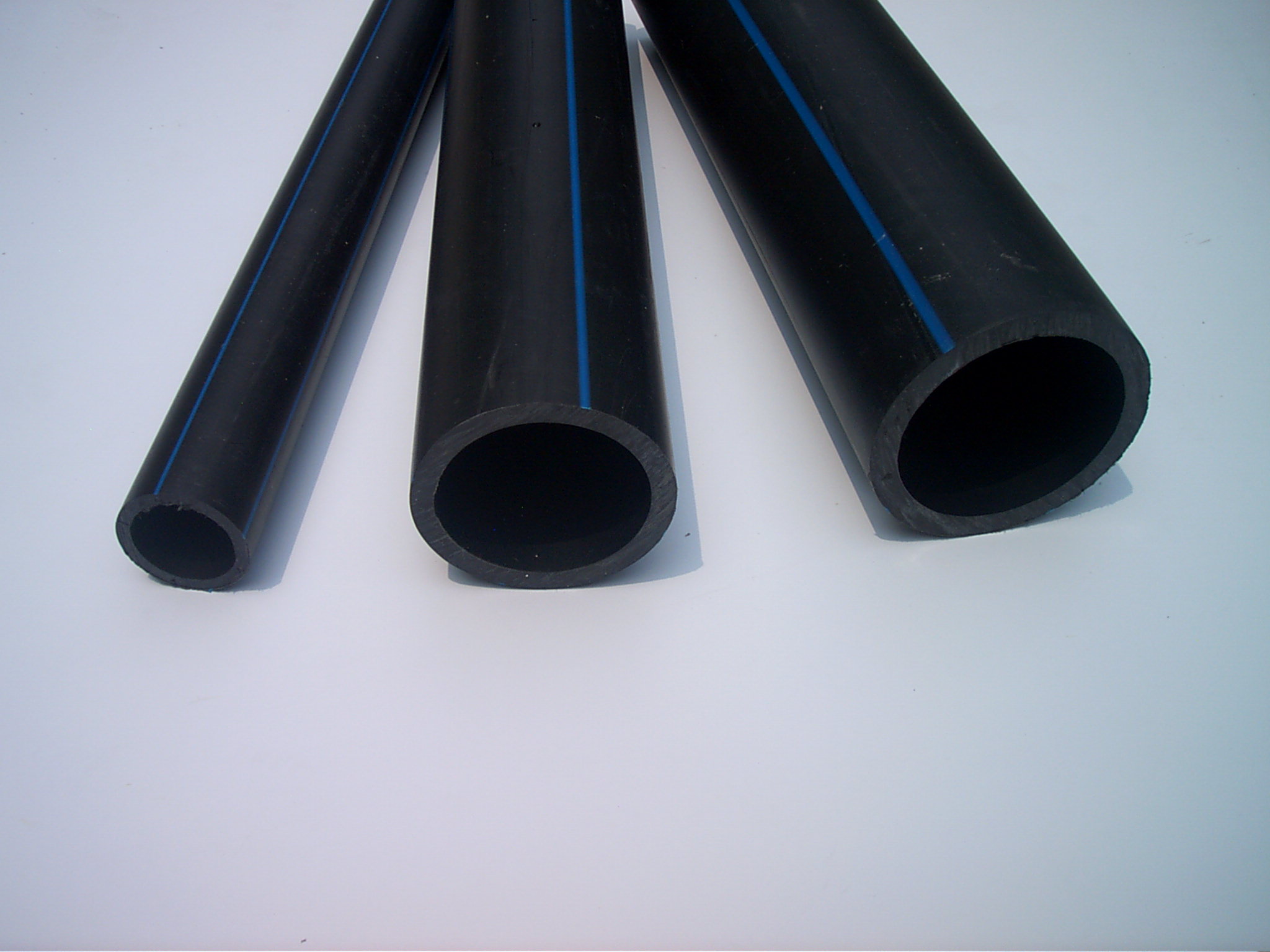Jul . 27, 2024 13:57 Back to list
Exploring the Advantages of Round PE Welding Rods for Durable and Efficient Fabrication Projects
Understanding Round PE Welding Rods Applications and Advantages
Welding is a crucial process in various industries, from construction to manufacturing, where the joining of materials is essential. Among the myriad of welding materials available, round polyethylene (PE) welding rods have garnered attention due to their unique properties and benefits. This article will explore the characteristics, applications, and advantages of round PE welding rods.
What Are Round PE Welding Rods?
Round polyethylene welding rods are cylindrical rods made from polyethylene, a thermoplastic polymer known for its durability, flexibility, and chemical resistance. These rods are primarily used for welding high-density polyethylene (HDPE) and low-density polyethylene (LDPE) materials. The process involves using heat to melt the rod and the base material, creating a strong bond upon cooling.
Applications of Round PE Welding Rods
1. Construction One of the most common applications of round PE welding rods is in the construction industry. They are used to join polyethylene sheets and pipes commonly utilized in waterproofing systems, storage tanks, and geomembrane liners. Given their water and chemical resistance, these rods are ideal for applications involving water management, landfills, and agricultural wastewater systems.
2. Manufacturing In manufacturing settings, round PE welding rods are used to repair or fabricate plastic components. They can be utilized in the production of containers, fittings, and various equipment parts, ensuring that manufacturing processes can achieve efficient and cost-effective results.
3. Agricultural Industry The agricultural sector also benefits from these welding rods for creating durable irrigation systems, storage tanks, and covers for silage. The rods are effective for creating seals in agricultural applications, contributing to efficient water management and crop protection.
4. Aquaculture In aquaculture, round PE welding rods are utilized to weld polyethylene liners used in fish farming. The durability and chemical resistance of polyethylene make it suitable for maintaining the quality of water and resisting the impact of sunlight.
round pe welding rod

Advantages of Round PE Welding Rods
1. Strong Welds One of the standout features of using round PE welding rods is their ability to create strong and durable welds. The melting point of polyethylene allows for a secure bond, which is essential for applications where structural integrity is paramount.
2. Chemical Resistance Round PE welding rods are highly resistant to a wide range of chemicals, making them suitable for use in various environments, particularly where exposure to harsh substances is expected. This resistance extends the lifespan of the welded joints.
3. Flexibility The flexibility of polyethylene allows for movement without damaging the weld. This is particularly beneficial in applications where materials may experience shifts or stress over time, ensuring longevity and reliability.
4. Lightweight Compared to other welding materials, round PE welding rods are lightweight, which simplifies handling and application processes. This lightweight nature also reduces transportation costs when moving materials to job sites.
5. Ease of Use Round PE welding rods can be easily welded using either extrusion welders or heat guns, making them user-friendly for professionals and hobbyists alike. Their availability in various diameters offers versatility for different projects and applications.
Conclusion
In summary, round PE welding rods serve as an indispensable tool across multiple industries due to their unique properties and versatility. Their applications in construction, manufacturing, agriculture, and aquaculture highlight their importance in creating strong, durable, and chemically resistant joints. The advantages they offer, including lightweight handling, ease of use, and strong weld creation, make them a preferred choice for professionals. Understanding and utilizing these rods effectively can lead to enhanced performance and cost savings in various projects.
-
Premium CPVC Sheet: High-Temp & Chemical Resistant Solutions
NewsAug.15,2025
-
Durable PPR Pipe for Hot & Cold Water Systems - Easy Install
NewsAug.14,2025
-
Durable HDPE Sheet | Versatile & Impact-Resistant Plastic
NewsAug.13,2025
-
Premium PVC Soft Sheets: Clear, Flexible & Durable
NewsAug.12,2025
-
Premium PVC Round Rods: Durable, Chemical Resistant, Easy to Machine
NewsAug.11,2025
-
PP U-channel: Chemical-Resistant, Lightweight & Durable
NewsAug.10,2025

